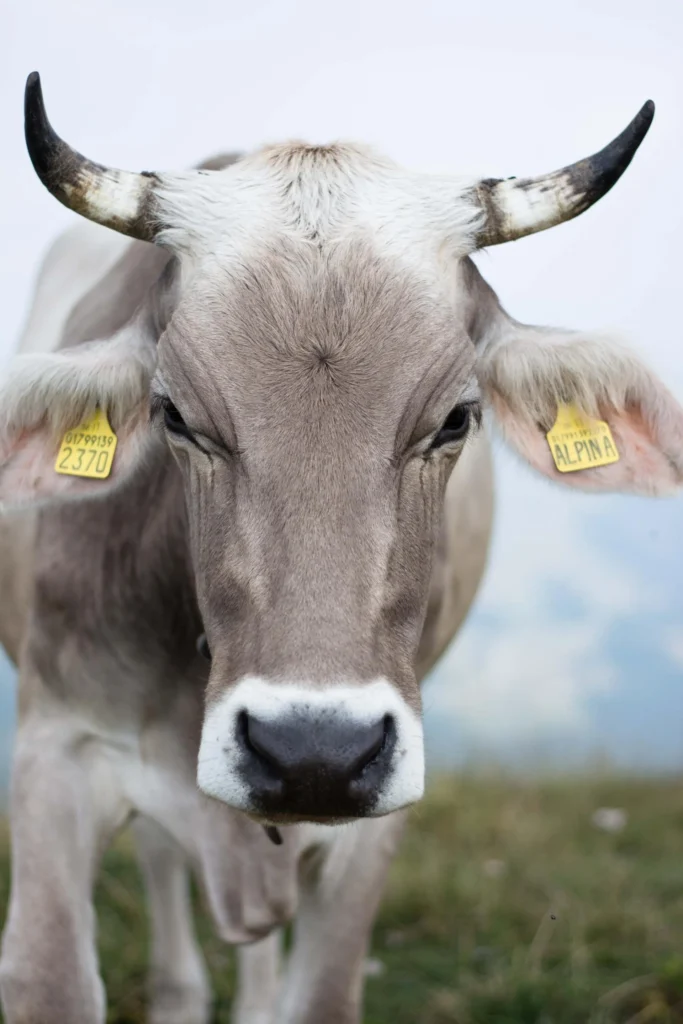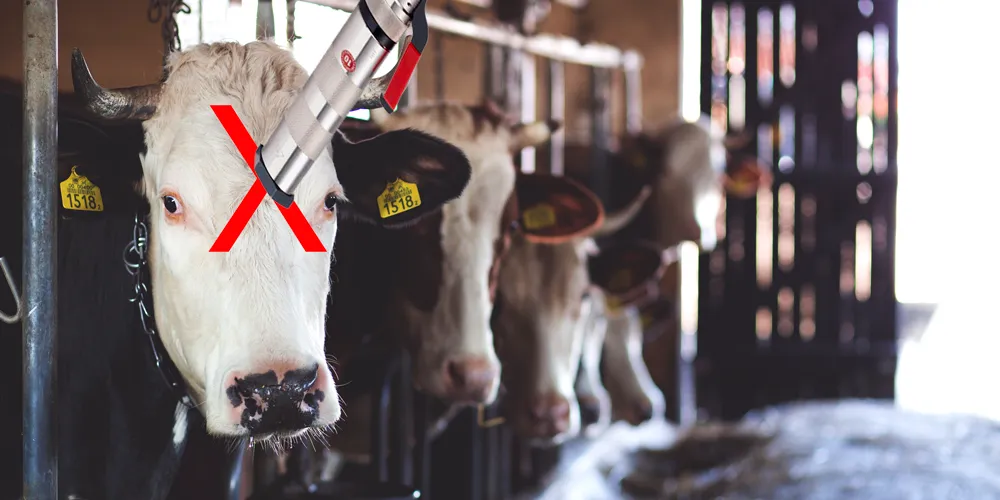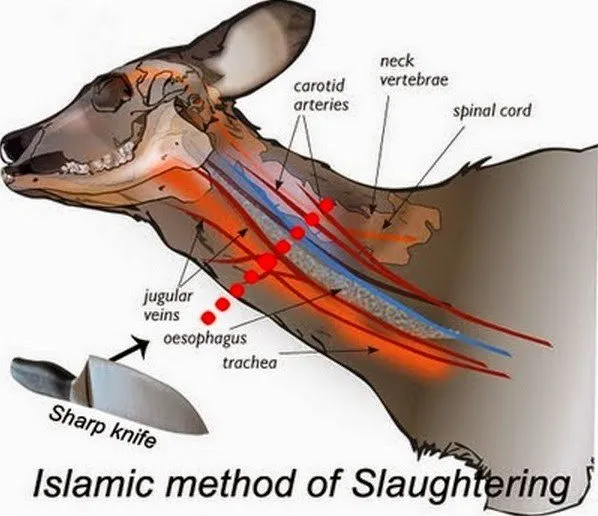
There is an ongoing debate around whether slaughtering animalsin a halal manner is more humane or less humane compared to the variousmethods of non-halal slaughter that exist. But who decides what is consideredhumane? We come from different parts of the world and hold perceptions that maydiffer with each other. However, where people and the manner of slaughteringdiffers, the one common denominator is the animal that is being slaughtered, andwhat is best for the animal should essentially be at the center of our concern.
“Verily Allah hasprescribed Ihsan in all things. So if you kill then kill well; and if youslaughter, then slaughter well. Let each one of you sharpen his blade and lethim spare suffering to the animal he slaughters.” (Muslim)
In this hadith, Allahinstructs us to strive to do all things with excellence, including theslaughtering of animals.

According to the FDA, it is required for animals to be stunned prior to dressing:
§1902. Humane methods
(a) in the case of cattle, calves, horses, mules, sheep, swine, and other livestock, all animals are rendered insensible to pain by a single blow or gunshot or an electrical , chemical or other means that is rapid and effective, before being shackled, hoisted, thrown, cast, or cut; or
Ever since the “Slaughter of Animals Act 1933”was passed in the United States of America, cattle and other such animals thatare not slaughtered according to religious law fall under the mandate ofsecular humane laws.
These animals are required to be stunned prior toslaughter. The most prevalent method of stunning being captive bolt stunning.The stunner uses a pointed bolt propelled by pressurized air to penetrate theskull of the animal, enter its cranium, and catastrophically damage the brain.
The animal becomes limp, unresponsive, and concussed. This method physicallydestroys brain matter, which can sometimes cause brain tissue to enter theblood stream. If it does, other tissue can become contaminated via bovinespongiform encephalopathy (BSE, colloquially known as mad cow disease)
The animal may also be gassed, smashed with a heavy rock or hammer, tazed.
Our belief is that all of these methods are inferior to the halal method of slaughter, as they cause unnecessary harm to the animal. When stunning, the animal is still alive before the dressing takes place, which means, it still has a capacity to feel.

According to Islamic law, thefollowing needs to be observed when slaughtering:
The slaughterer must cut both the windpipe and the esophagus along with the jugular veins. This ensures that the main nerves that relay pain to the animal are severed immediately.
It is imperative that the slaughterer cut swiftly and not take his time, such that he has to cut more the 2 swipes. Ibn Hajar Haytami lists not slaughtering as quickly and painlessly as possible as one of the major sins. It is recommended to both sharpen the knife, and feed the animal ahead of time so as to calm its nerves and remove anxiety.
According to the Humane Society Institute for Science and Policy , in a 1980 study on the effects of stress on livestock and meat quality, it was found that stunning creates more anxiety due to the stress experienced between the stunning and the bleed out of the animal. The halal slaughter method does not encounter this, as the swipe of the knife directly correlates to the loss of blood supply.
Muslims care for their animals before slaughtering them. The Companions asked the Prophet ﷺ: “Shall we be rewarded for showing kindness to the animals also?” He (ﷺ) said, “A reward is given in connection with every living creature” (Al-Bukhari and Muslim). We take from this hadith that we should care for animals to seek reward from Allah. The Prophet also mentioned: ” May God curse the one who disfigures an animal.”
The Messenger of Allah (ﷺ) is also reported to have said, “A woman was punished in Hell because of a cat which she had confined until it died. She did not give it to eat or to drink when it was confined, nor did she free it so that it might eat the vermin of the earth.” -[Al-Bukhari and Muslim]
As we can see, mistreatment of animals is considered a major sin, and the halal method is devoid of these things entirely.The halal method of slaughtering is holistic in the way that it ensures that the animal is treated humanely and does not experience the slightest bit of unnecessary torture or pain. Furthermore, it is a more suitable option for those who consider themselves as conscious consumers.
https://www.peta.org/issues/animals-used-for-food/factory-farming/cows/cow-transport-slaughter/
https://www.govinfo.gov/content/pkg/USCODE-2014-title7/pdf/USCODE-2014-title7-chap48.pdf
https://www.peta.org/issues/animals-used-for-food/factory-farming/cows/cow-transport-slaughter/
https://sunnah.com/riyadussaliheen/1/126
https://haloodies.com/blog/5-key-health-benefits-eating-halaal-meat
https://www.thestudentroom.co.uk/showthread.php?t=3445497
Discover if your ingredients, processes, and facilities align with Islamic dietary laws.
Start your Free Halal Compliance Check now — no obligation!
